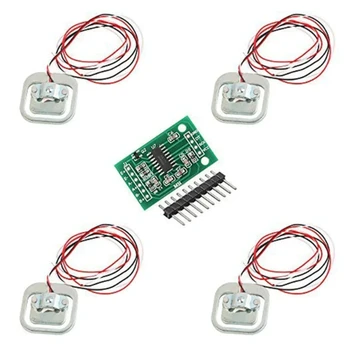Found Kunkune by accident while browsing for relays, bought 4 modules for a great price which arrived the following day, ...

Electronic Components Categories
Electronic Components on Sale
YIHUA – Soldering Irons
Same Day Shipping before 3 p.m.
30 Days Returns
FREE UK DELIVERY*
FNIRSI Products

New Products
Welcome to Kunkune – Your Trusted UK Based Electronic Component Store
We are dedicated to providing DIY electronics enthusiasts, electronics hobbyists, and professionals with top-quality electronic components and Arduino kits.
- Wide Product Selection: From Arduino Compatible kits, servo motors, ESP boards and more…
- Competitive Pricing: Quality products at unbeatable prices, making electronics accessible to everyone.
- Customer-Centric Approach: We prioritize quality, affordability, and reliability, ensuring you get the best service.
- Fast Shipping: Options like Standard 24H and Next Day Special Delivery with Royal Mail for timely deliveries.
- UK-Based Operations: Quick deliveries and easy returns, with the ability to arrange specific items within 10 business days.
We invite you to explore our store and discover the endless possibilities that electronics offer. Whether you’re working on a school project, a personal hobby, or a professional assignment, Kunkune is here to support your journey. We hope our products inspire you to create, innovate, and achieve your electronic dreams.

Kunkune Now Offers Reliable YIHUA Soldering Equipment!
Great news, hobbyists and pros!
Kunkune Electronics now carries high-quality soldering equipment from Yihua, a trusted brand for over 24 years.
Expect:
- Affordable soldering stations
- Soldering Iron Kits & Accessories
- All products from YIHUA come with a 12-month guarantee.
We are proud to partner with FNIRSI
a leading technology company specializing in affordable test and measurement instruments.
designs and manufactures a wide range of tools, including digital oscilloscopes, handheld oscilloscopes multimeters, signal generators, and more.
With a commitment to serving both hobbyists and professionals, FNIRSI offers reliable, portable solutions that cater to a variety of user needs and budgets.
Explore FNIRSI’s innovative products through Kunkune for quality and value in every tool.
All products from FNIRSI and YIHUA come with 30 day return period and 12 month guarantee.




































































